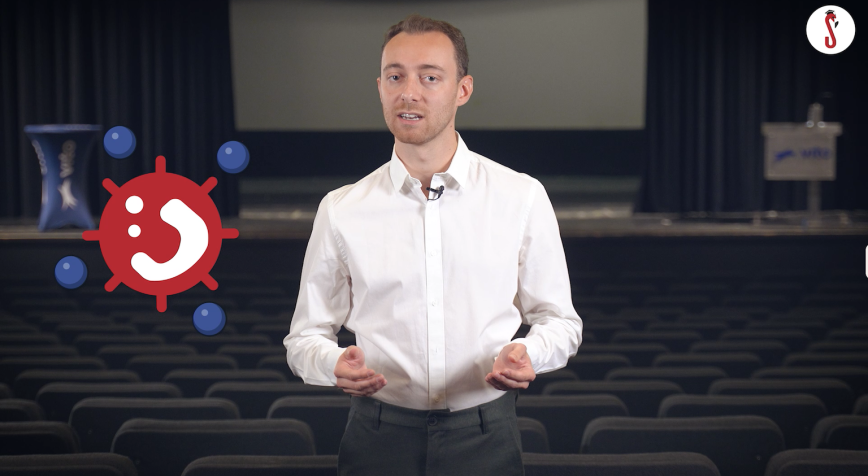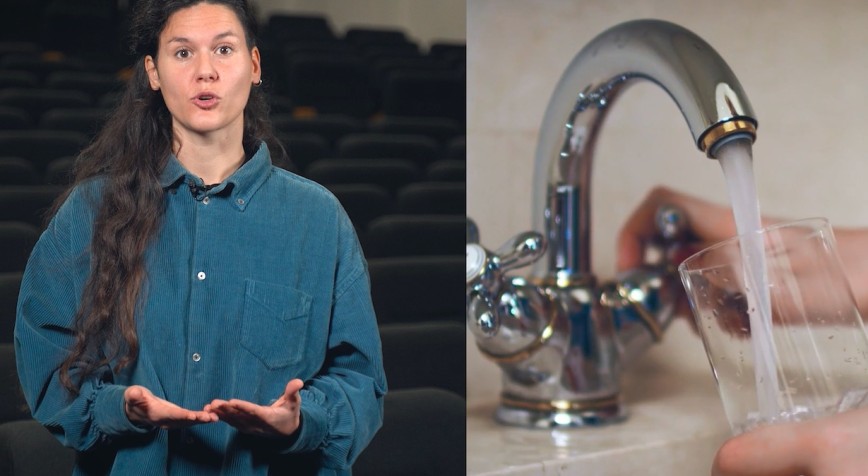
UAntwerpen
VITO
Fighting MS with a soothing text message
Mats Van Delen is working on an innovative approach for multiple sclerosis: a treatment that uses the body's own messenger vesicles - extracellular vesicles - to reprogram the immune system.











